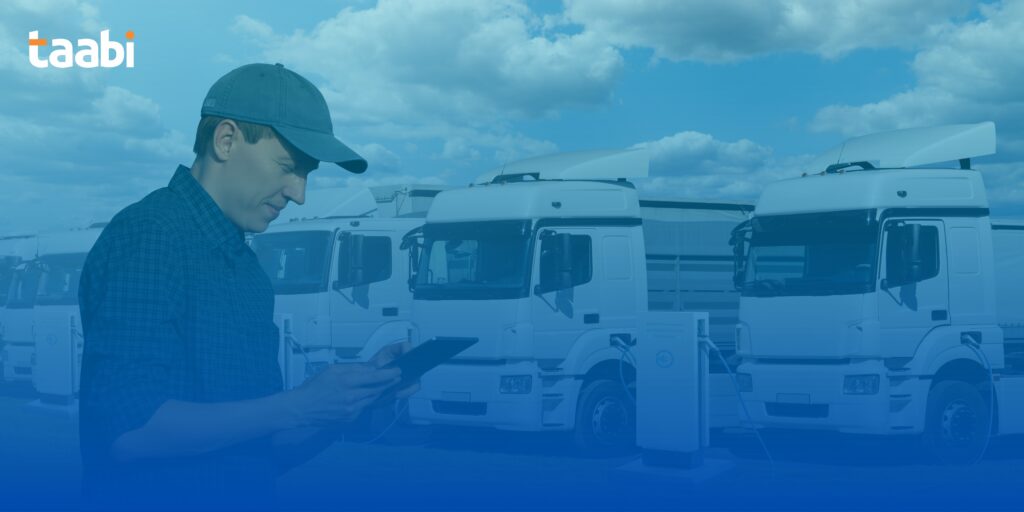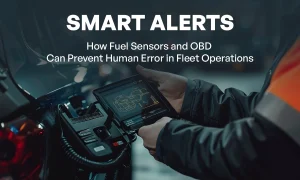A supply chain control tower is more than just a buzzword; it’s a strategic approach to managing and optimizing supply chains. It refers to a central hub, equipped with advanced technologies, that provides visibility and control over the entire supply chain network. This hub monitors, manages, and analyzes data across various supply chain components, including suppliers, logistics, inventory, and demand forecasting.
The control tower supply chain approach is designed to provide real-time insights and proactive decision-making capabilities. By integrating data from disparate sources, it offers a comprehensive view of the supply chain, enabling businesses to anticipate disruptions, optimize processes, and respond swiftly to market changes.
One of the primary benefits of implementing a control tower in supply chain management is the enhanced visibility it provides. This visibility is not just in terms of tracking goods in transit but also in monitoring the performance of suppliers, the efficiency of logistics, and the accuracy of demand forecasts. By having a bird’s-eye view of the entire supply chain, companies can identify bottlenecks, reduce inefficiencies, and improve overall performance.
The control tower for supply chain management leverages advanced analytics and machine learning algorithms to process vast amounts of data. This capability allows for more informed decision-making, as insights are drawn from accurate, real-time data rather than historical trends and gut feelings. Companies can predict potential issues before they arise and make strategic decisions to mitigate risks.
In an era where market conditions are volatile, and consumer demands are ever-changing, agility is crucial. A supply chain control tower empowers businesses to be more agile and flexible. With real-time data and analytics, companies can quickly adjust to changes in demand, supply disruptions, or logistical challenges. This agility ensures that businesses can maintain service levels and customer satisfaction, even in unpredictable situations.
Implementing a control tower supply chain solution helps in identifying areas where costs can be reduced without compromising quality or service. For instance, optimizing routes for logistics can significantly reduce transportation costs. Similarly, better inventory management can reduce holding costs and minimize waste due to obsolescence.
At the end of the day, the goal of any business is to satisfy its customers. A control tower in supply chain management ensures that the right products reach the right customers at the right time. This reliability and efficiency enhance customer satisfaction and loyalty, which is crucial for long-term business success.
Modern consumers and regulatory bodies are increasingly focused on sustainability and ethical practices. A control tower for supply chain management can help businesses monitor and ensure compliance with environmental standards and ethical practices across the supply chain. This compliance is not only good for the planet and society but also enhances the brand’s reputation and appeal to socially conscious consumers.
Implementing a supply chain control tower involves an intricate blend of various technologies. These technologies not only provide the backbone for the control tower’s functionality but also ensure that it can deliver on its promise of enhanced visibility, efficiency, and agility in supply chain management. This section delves into the key technologies that play a pivotal role in developing a supply chain control tower solution.
At the core of a supply chain control tower is cloud technology. Cloud computing offers scalable and flexible storage solutions, allowing for the massive amounts of data generated by supply chain activities to be stored, processed, and analyzed efficiently. The cloud’s inherent flexibility enables the control tower to adapt to changing data demands, ensuring seamless operations even as the scale of the supply chain grows.
The control tower supply chain is inundated with data from various sources, including suppliers, logistics, customer feedback, and market trends. Big data analytics are employed to make sense of this vast amount of data. Machine learning algorithms further enhance this process by identifying patterns, predicting trends, and suggesting actionable insights. These technologies allow supply chain managers to make informed decisions based on real-time data, rather than relying on outdated reports.
IoT technology is crucial in a supply chain control tower for real-time tracking and monitoring. Sensors and RFID tags are placed on products, containers, and vehicles to collect data on location, temperature, humidity, and other factors critical to the supply chain’s integrity. This continuous stream of data ensures that the control tower has up-to-the-minute information on every aspect of the supply chain, enhancing its capability to respond to any anomalies swiftly.
Advanced analytics tools are used to process and analyze the data collected. These tools can range from simple descriptive analytics, which provide insight into what is happening in the supply chain, to more complex predictive and prescriptive analytics, which forecast future trends and suggest optimal decisions. Predictive modeling, in particular, is vital for anticipating potential disruptions and planning for various scenarios.
AI plays a critical role in automating decision-making processes within a supply chain control tower. By leveraging AI, the control tower can automate routine tasks, such as order processing and inventory management, freeing up human resources for more complex decision-making. AI also assists in detecting anomalies, predicting maintenance requirements, and optimizing routes for logistics.
Since a supply chain control tower interacts with various systems and platforms, integration technologies are essential. Middleware and APIs (Application Programming Interfaces) are used to ensure that the control tower can seamlessly communicate with different systems, be it ERP (Enterprise Resource Planning) systems, TMS (Transportation Management Systems), or CRM (Customer Relationship Management) platforms. This interoperability is crucial for ensuring that data flows smoothly across the supply chain network.
Given the sensitivity and value of the data handled by a supply chain control tower, robust cybersecurity measures are a necessity. These include firewalls, encryption, access controls, and continuous monitoring systems to protect against cyber threats and ensure data integrity and privacy.







